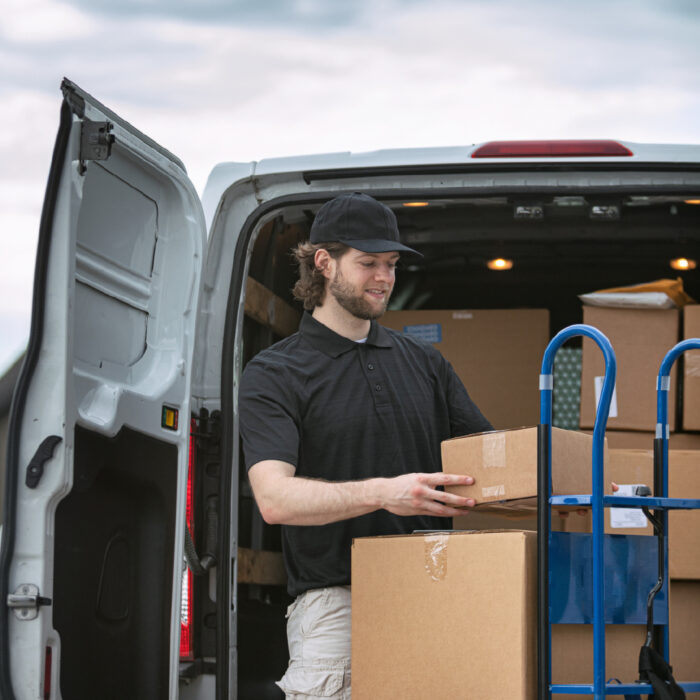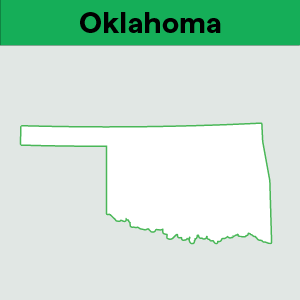Why Fulfillment by Amazon means more money in your pocket
by December 1, 2025
“Fulfillment By Amazon fees are too expensive.”
That’s the most common objection we hear from Amazon Marketplace sellers. Fortunately, that’s simply not true. We believe that Fulfillment By Amazon (FBA) is the best way to scale your business for growth – if you do it right.
FBA fees shouldn’t be viewed as an additional cost. The key is realizing that FBA is a competitive advantage, and one that is often recouped in pricing strategy and higher sales volume.
First, a brief overview of how to sell with FBA.
How Amazon FBA works:
1) You ship your products to Amazon.
2) They store your inventory and list it on Amazon.com.
3) When a sale is made, Amazon picks it, packs it, and ships it to your customer from their world-class fulfillment centers.
4) Amazon handles any returns
Fees vary depending on product type, weight, dimensions, and time in inventory. There is a fixed pick and pack fee, which means FBA doesn’t make sense for many items under $10.
It almost sounds like Amazon is doing all the work. So incorporating the fees charged for this service, how does FBA translate to money in your pocket?
Competitive Advantages of Selling with FBA
1) Customers are willing to pay more for the same product if it’s Fulfilled by Amazon since they get free 2 day shipping or Super Saver shipping.
2) You can build the shipping price into the total price when competing against Fulfilled by Merchant (FBM) products for Prime customers. For example, if a baseball cap is selling for $14 plus $4 in shipping, you can price your total price at $18 with free 2-day Prime shipping. Which leads us into our next point…
3) FBA is a tiebreaker in the Buy Box. Depending on the product category, you can price up to 2-10% higher than competitors and still win the Buy Box if you are using FBA and competitors aren’t.
4) Higher volume of sales. While this isn’t a guarantee, we—along with our clients—have found that just by switching over, you’ll see a lift in unit sales volume, to the tune of 20% or more.[1]
5) Exposure to millions of loyal Prime customers who seek out FBA listings for free 2-day shipping. Prime customers buy more often, buy more expensive items, and spend 150% more annually than non-Prime shoppers.[2]
6) Easier to scale your business. Unlike a traditional retail operation, you won’t need space to hold expanding inventory, or have to hire additional customer service reps.
7) Happier customers who leave great feedback, leading to more customers. Amazon’s customer service is legendary.[3]
These are the reasons why we’ve used FBA, paired with our software and strategic guidance, to grow our clients’ businesses an average of 45%. It’s just good business.
[1]http://services.amazon.com/content/fulfillment-by-amazon.htm
[2] Tuttle, Brad. “Amazon Prime: Bigger, More Powerful, More Profitable than Anyone Imagined | TIME.com. Time: Business, 18 Mar. 2013. Web.
[3] Baldacci, Kevin. “7 Customer Service Lessons from Amazon CEO Jeff Bezos.” Salesforce Blog. Salesforce.com, Inc, 10 June 2013. Web.
Please note: This blog is for informational purposes only. Be advised that sales tax rules and laws are subject to change at any time. For specific sales tax advice regarding your business, contact a tax advisor.







